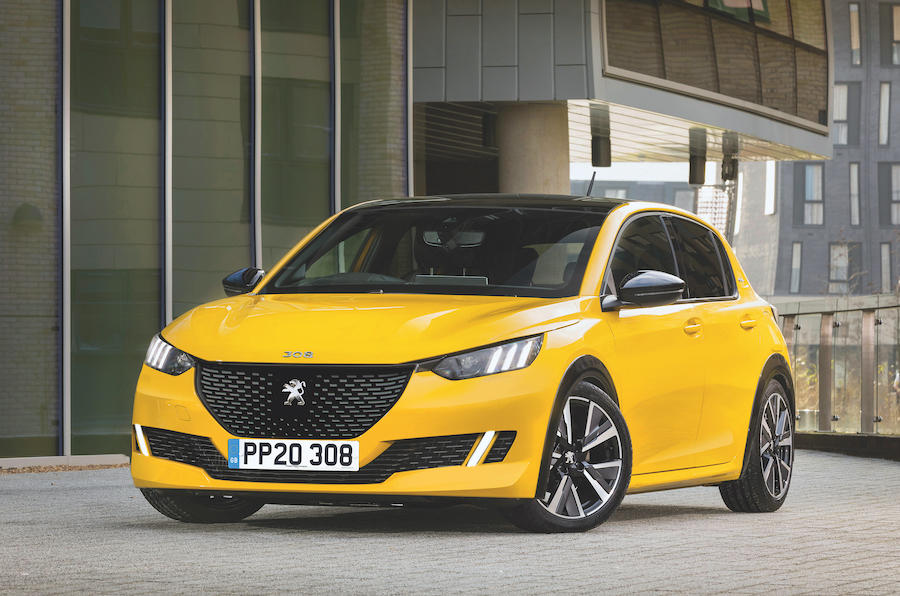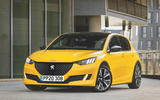The PSA Group – which has the ability to offer its C-segment family cars in either plug-in hybrid or battery-electric form – is leaving individual brands to decide which is best, according to its director of low-emission vehicles, Anne-Lise Richard.
“The C-segment is really in the middle,” Richard told Autocar. “It can have many profiles: sometimes it’s the only car [in the household], sometimes not. Currently, both EVs and plug-in hybrids are suited [to the segment] and could find customers.”
To date, new small cars from PSA, such as the DS 3 Crossback, Peugeot 208 and Vauxhall Corsa, have offered an electric option. Larger models come with a plug-in hybrid powertrain instead – for example, the DS 7 Crossback, Peugeot 3008 and Vauxhall Grandland X. Cars straddling these two sectors, such as the next Peugeot 308, have a less rigidly defined strategy.
Richard said: “Inside PSA, the C-segment cars can be produced in two platforms, either eCMP or EMP2, so those brands could have the choice of going full-electric or plug-in hybrid. It’s more of a brand decision to choose which is the best one.”
Richard revealed a future intent to adapt the EMP2 platform to underpin EVs but said PSA “will look at what customers say and how the environment evolves before making those changes”.
Peugeot focuses on 308 PHEV; Citroën C4 goes electric
Autocar understands the next-generation Peugeot 308 will arrive in 2022 and sit on an updated version of the current EMP2 platform. The Ford Focus rival will offer two plug-in hybrid options – an economy-minded front-wheel-drive model, and a more performance-focused four-wheel-drive car with 300bhp or more.
However, Citroën will go electric (but still offer petrol and diesel engines) with its new CMP-based C-segment car, a replacement for the Citroen C4 and C4 Cactus that’s due to be unveiled in the coming weeks. It’s unclear which route the similar-size Vauxhall Astra will take for its next generation as yet.
Richard also admitted “there’s room for smaller cars [A-segment models] to be electrified”, but said the decision on making a new Peugeot 108 has yet to be made, acknowledging that it would be “really difficult to define the right balance between range and price”.
Peugeot considered offering a cheaper, lower-range variant of the e-208, but Richard said the firm saw that “customers need to be convinced that they have enough range, and we wanted to go with range that could take away the barrier to buying an electric car”.
READ MORE:
New Vauxhall Mokka: second-gen SUV to be lighter and sharper








Join the debate
Add your comment
What's most interesting is
What's most interesting is that it confirms that the next C4 will be like the C4 Cactus (and Skoda Scala) in being based on an enlarged supermini platform rather than the medium car platform